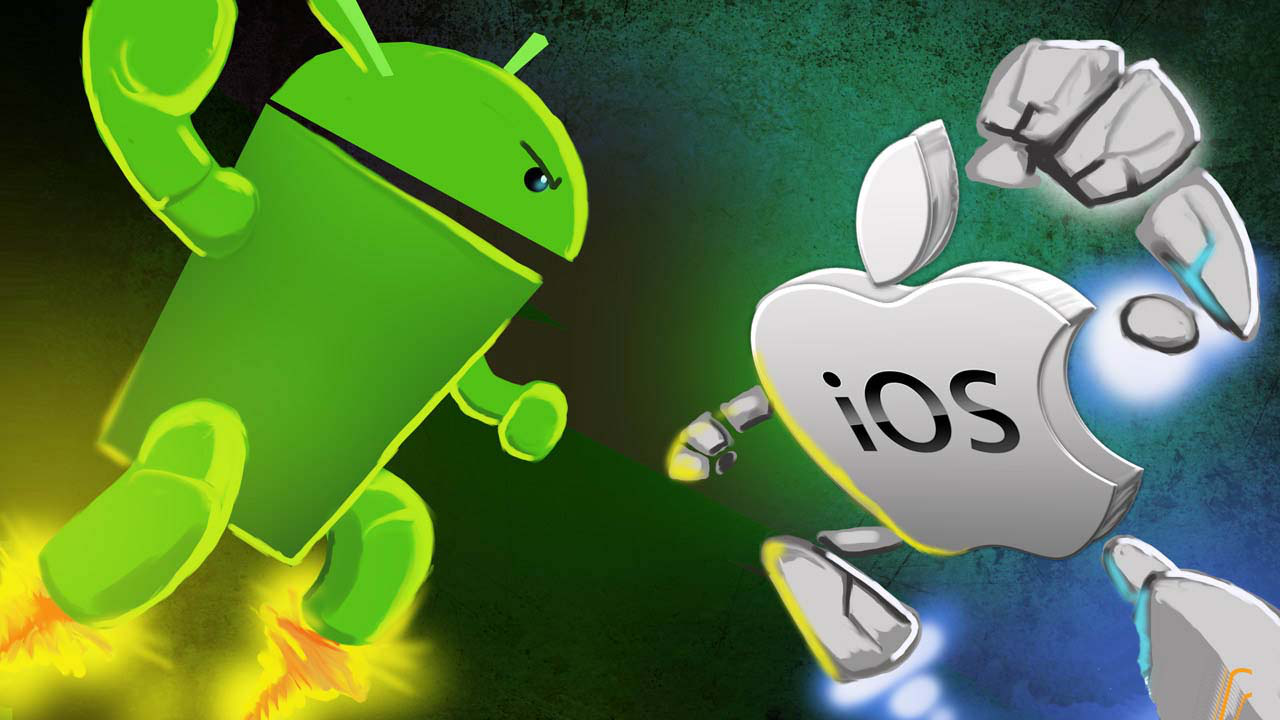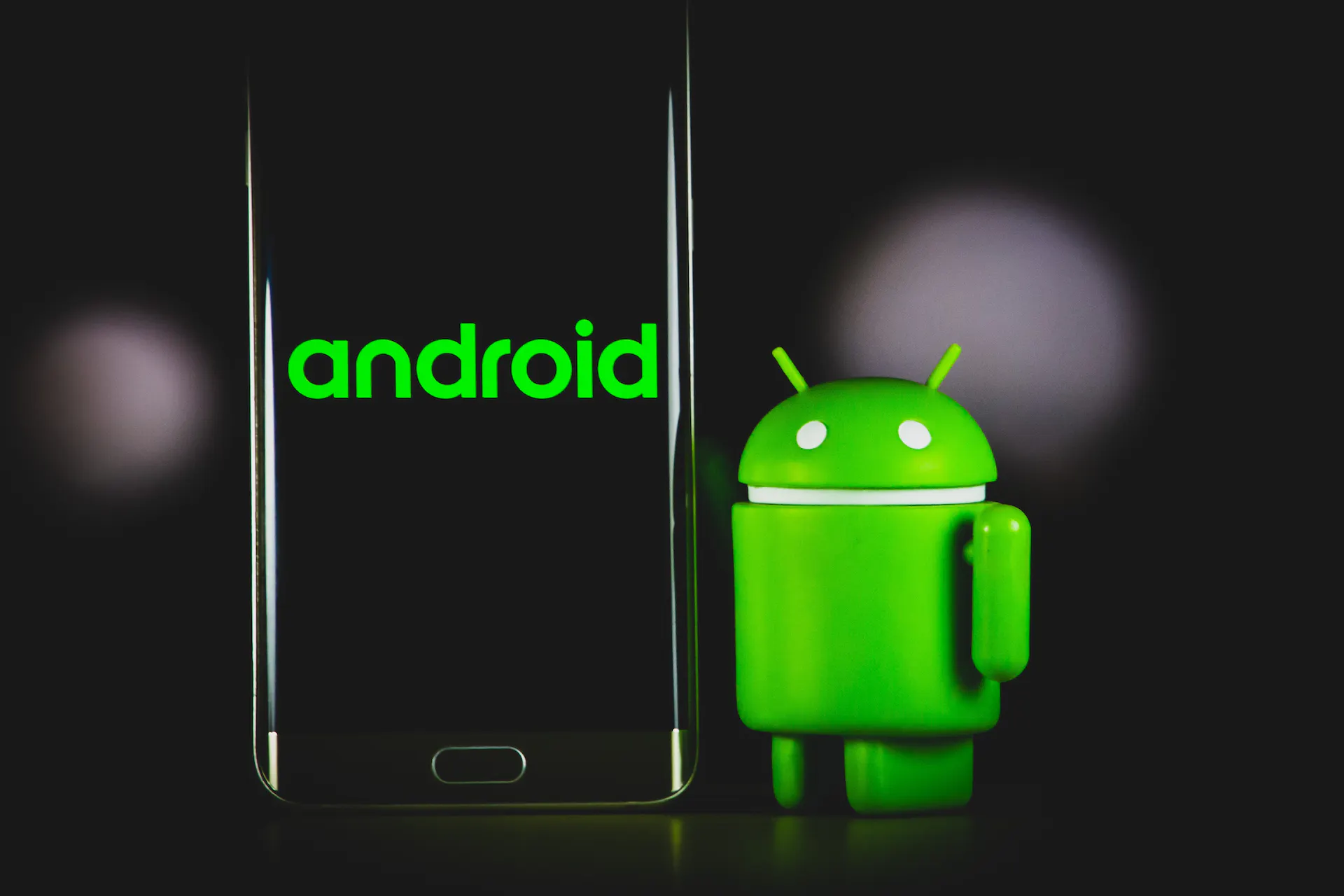Google’s Android proved to be a game-changer.In a landscape dominated by flip phones and BlackBerry keyboards, a pivotal decision by Google reshaped the mobile industry, setting the stage for a head-on collision with Apple’s iPhone.
The Open Source Revolution of Google’s Android

As Apple unveiled the iPhone in January 2007, challenging conventional notions of mobile devices, Google faced a critical crossroads. Fearing a future monopolized by a single company and device, Google, through Android founder Andy Rubin, made a radical move. They decided to make Android free and open source, inviting any company to utilize and innovate around it. Fast forward to today, and Google’s gamble has paid off handsomely.
Android’s Global Dominance

Android has evolved into the world’s most popular mobile operating system, boasting 3.3 billion users globally, constituting 41% of the world’s population. The journey wasn’t without its challenges. Unlike Apple, Google navigated a diverse array of hardware partners and rivals, while continuously pushing the boundaries of smartphone capabilities.
The introduction of artificial intelligence (AI) marked a new chapter in Android’s evolution. Sameer Samat, the general manager and vice president of the Android ecosystem, sees AI as a “once-in-a-generation opportunity to rethink the user experience on smartphones.” With four key figures who witnessed Android’s inception, we delve into the last 15 years and explore the future possibilities.
In its early days, Google aimed to compete with Windows Mobile, envisioning a device with a physical keyboard and a small screen. However, the landscape shifted dramatically on January 9, 2007, with the unveiling of the iPhone. As consumers marveled at Apple’s creation, Google engineers realized they had to start over to remain competitive.
The decision to make Android open source was pivotal. Collaborative and free, open source allowed companies like Samsung to embrace Android without the burden of licensing fees. This strategic move led to Android’s rapid global proliferation and ultimately dethroned dominant players like BlackBerry.
Duopoly Dynamics: Android vs. iOS

The mobile market is now a duopoly between Android and Apple’s iOS, each with its distinct characteristics. While Apple emphasizes a tightly controlled ecosystem and elegance in design, Android has evolved from an edgy aesthetic to a cleaner style, fostering individuality and customization. This diversity among Android’s hardware partners introduces a dynamic challenge, unlike Apple’s singular marketing message.
Apple’s marketing strategy positions the iPhone as an aspirational product, leveraging strict guidelines on character endorsements in media. This approach has propelled the iPhone to surpass Android devices in key markets like the US and Japan. Google, in response, has intensified its marketing efforts, highlighting key features, including AI, in its Pixel 8 and Pixel 8 Pro commercials.
Notably, Android’s contributions to smartphone innovation are significant. Features like pull-down notifications, home screen widgets, computational photography, fingerprint sensors, and USB-C initially debuted on Android before finding their way to the iPhone.
Developer Collaboration and AI Integration
![How to Become an Android Developer [Complete Roadmap] | Simplilearn](https://www.simplilearn.com/ice9/free_resources_article_thumb/How_to_Become_an_Android_Developer.jpg)
The complexity of Android, scaling across various devices from phones to cars, necessitates close collaboration with developers. Tools like Jetpack Compose, high-level APIs for cameras and biometrics, and AI-driven solutions like Studio Bot empower developers to create versatile apps. AI has become a cornerstone in differentiating Google’s Pixel line, offering features like computational photography enhancements, spam call screening, and AI-generated custom wallpapers.
With only two major players in the mobile operating system arena, Android is poised to maintain its dominance globally, especially in developing markets relying on affordable Android devices. Google’s substantial investment in AI and its continuous integration of machine learning into Android exemplify its commitment to providing user convenience and retaining its user base.
Dan Sandler, Android’s engineering director, encapsulates Android’s journey, stating, “From status bar notifications to systemwide navigation gestures, Android represents the culmination of the best ideas we’ve ever had.”
Read More (Innovation)








